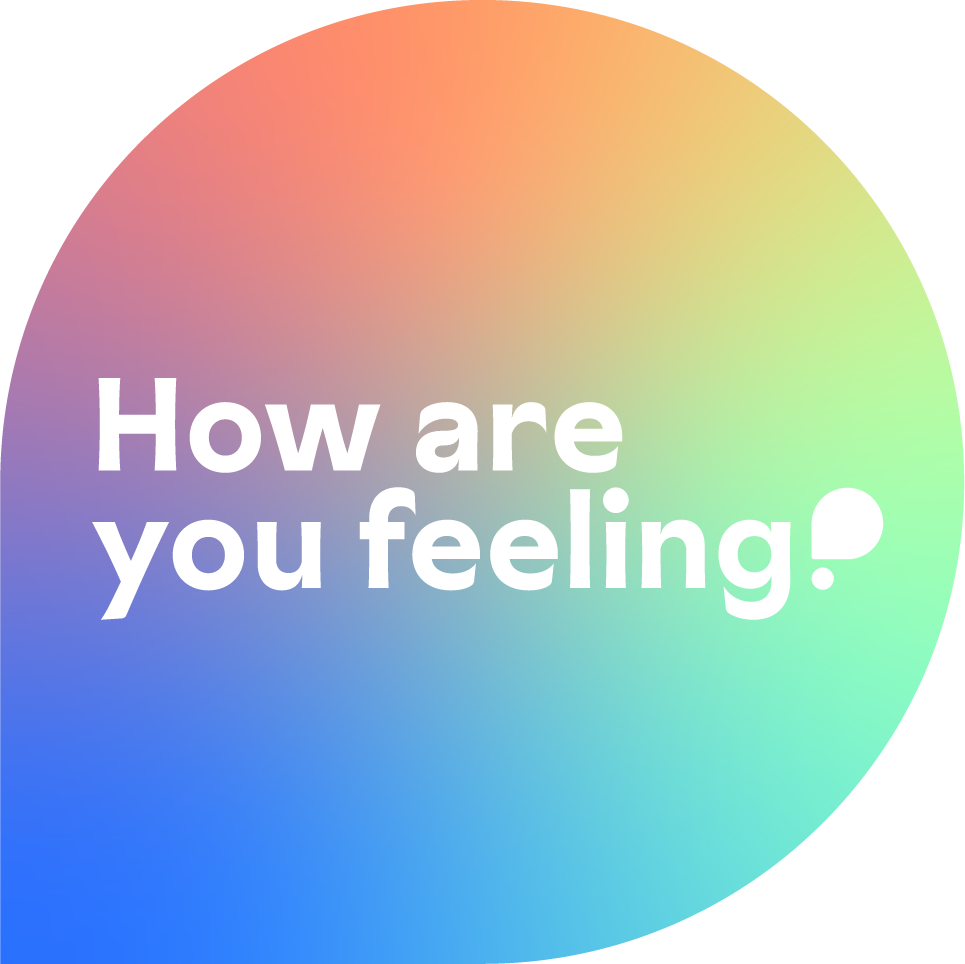Making Emotions Make Sense.
Helping kids build a foundation for healthy emotional growth.
In today's fast-paced world, teaching students about emotional health is thought of as a ‘nice to have; not a ‘need to have’.
And yet, overwhelmed teachers are juggling academic demands with disruptive behaviours, bullying and exhaustion. Meanwhile, many students are not alright – often struggling both academically and emotionally. Parents too, are deeply concerned – witnessing their children battling issues like school avoidance, depression, substance use and addiction to social media and technology.
It’s time we teach our students how to make sense of their feelings.
How Are You Feeling?
is more than just another SEL program – we offer students (ages 11+) a foundational understanding of their emotional system so they can navigate life with courage and confidence. Through relatable clips from movies and TV, we engage students in a way that makes their ‘emotions make sense’.
Understanding of Fundamental Emotional Concepts
Research Results
40%
92%
Concepts Understood
Concepts
Understood
AFTER
PROGRAM
BEFORE
PROGRAM
“It’s going from learning absolutely nothing to learning so much from the How are you Feeling? program! Simone, 14
How Are you Feeling? is for:
Educators
Teaching students how (and why) to take responsibility for their feelings by processing them instead of acting them out can create a more positive school culture with less disruptions. It also provides your students with skills that will have them avoid many of the dire consequences of using destructive methods to suppress their difficult feelings.
Parents
We all aspire for our children to mature into self-reliant, authentic adults with fulfilling relationships and a sense of clarity in this ever-changing world. The How are you Feeling? program is designed to nurture this journey.
Students
Our videos illustrate how to understand, express and process your feelings safely — the BIG and the small ones. When you have this knowledge you can gain a stronger sense of yourself, an ability to better understand your reactions, and a new comprehension and appreciation for others.

The kids are saying…
Misconceptions About Emotional Well-being.
When individuals realize they have been misled about how to deal with their feelings and discover the evidence-based concepts that support emotional, physical, and mental health they all say they wish they had learned these principles much earlier in their lives. They recognize how very different and more satisfying their lives could have been with this knowledge.
-
For many years our culture has valued thinking over feeling. Our feelings guide us from the very beginning of our lives to get what we need to survive and to live an integrated life.
Our feelings are dangerous and we must avoid them: keep busy, have a drink, take a medication. This belief is actually the dangerous thing since the way we get through grief, for example, is to feel it all until we’re finished.
We can just bury our troublesome feelings. “Suck it up buttercup” Feelings are not buried dead they are buried alive!
If feelings are not contained they will go out of control. They may be big but when they are expressed and felt they lose their intensity and we get clear.
We must control and hide unacceptable feelings. When we hold in painful feelings we deaden everything. We cannot feel joy and love if we are depressing ourselves by holding anger, fear, or sorrow.
Children need to be taught to control their feelings. Little children who are supported to discharge their feelings completely have none to accumulate and carry forward to cause future disruption.
Crying demonstrates pain. Crying is not the hurting it is the healing.
Crying is a weakness. Many people are embarrassed to show what they label as, ‘emotion’ in public. We often hear an apology when someone judges they have been too emotional. Crying relieves emotional pain and eliminates stress chemicals from our bodies.
Not crying is behaving well. We can stop valuing underreacting and get clear that not crying is not a sign of strength.
Feelings are judged as good, or bad; right, or wrong. “You shouldn’t feel that way!” is a manipulation frequently heard. There are no ‘shoulds’ to feelings; they are important signals that exist for a reason.
Others are responsible for our feelings. We blame those who trigger us. Our feelings are our responsibility.
Children are responsible for triggering their parents. Our feelings are our responsibility.
Punishing children for expressing feelings is okay. They will feel bad and wrong and will change their behaviour. Not allowing children to express how they feel teaches them to hide their feelings and that it not safe to be who they are.
The two’s are terrible. The two’s are terrific. We should not be required to shut down our true selves in order to not lose someone’s love or a valued connection.
Anger is bad and unacceptable. Particularly if you are female. It is an important signal to be owned, worked through, and expressed appropriately.
Fear is unacceptable. “There is nothing to be afraid of”. Fear is a very important signal necessary for our survival and should not be denied in ourselves or others.
Children’s behaviour must be corrected and tightly controlled. Children’s so called mis-behaviour is them trying to get a basic need met. This understanding alone can make a tremendous difference in your relationship with children.
Assuming a feeling is a fact.. It is important to sort out what is a fact and what is a feeling.
Love means never having to say you’re sorry. A terrible incorrect message that there is no redemption if we make a mistake or because we’re in love we don’t have to apologize.
Resilience means getting tough and battling through difficult times. We become increasingly resilient as we continually process our most dreadful feelings.
Overreacting is bad. Overreactions occur when the current situation ignites old pain, reminding us of incomplete feelings and unfinished business that needs our attention.
Triggers are bad. Triggers are opportunities to heal.
Get over it! Don’t wallow in your big feelings. Wonder and explore what are big feelings are all about. Be curious.
Emotional breakdowns are bad. Seen as breakthroughs leads to healing.
Depression is a disease. A lot of depression is caused by long-held, unfinished feelings.
Parents and Educators
Join our upcoming webinar to learn more about our comprehensive program.









